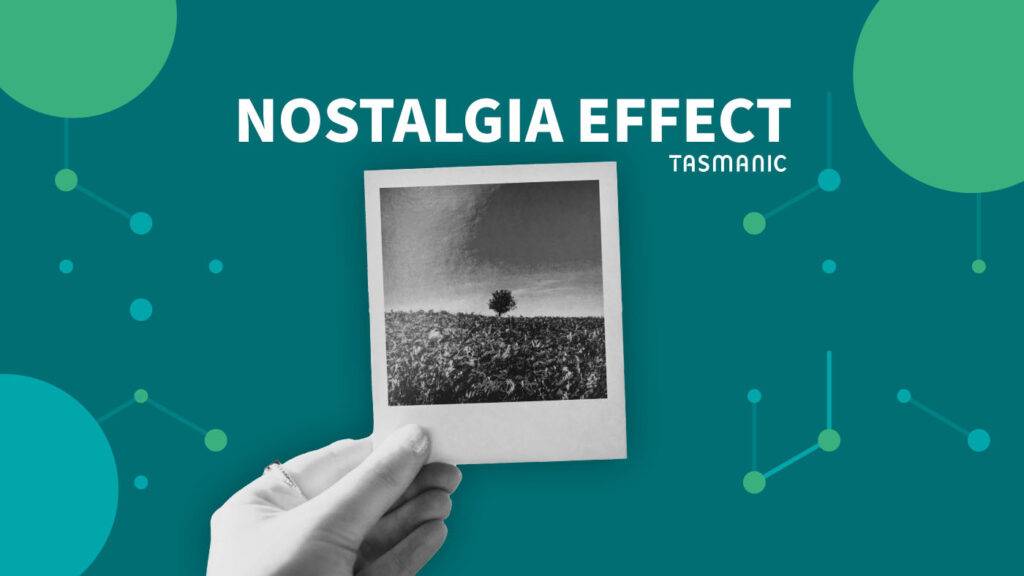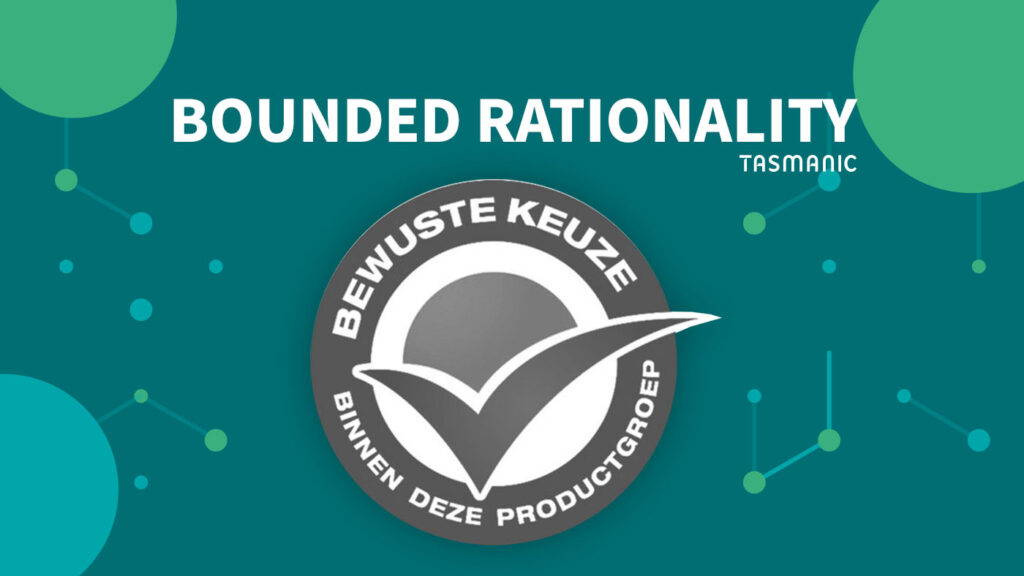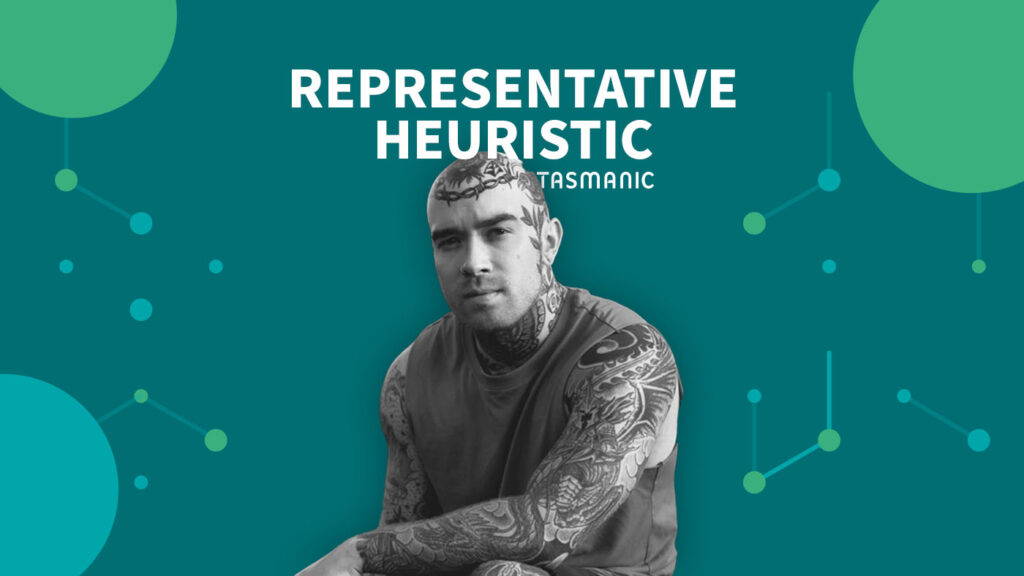
Last updated December 19, 2024
Introduction
You are walking in the store and suddenly you see, smell or hear something that reminds you of a nice time in your life with warm feelings. You subconsciously even pay to experience that feeling more often. Pure nostalgia! Business owners can use this sentimental feeling to use it to encourage potential customers to make a purchase. How exactly does that work?
What is the nostalgia effect?
The nostalgia effect is the influence nostalgia has on your willingness to spend money (Lasaleta, Sedikides & Vohs, 2014).
The nostalgia effect makes you willing to spend more money and focus less on saving. When nostalgia drives you to make a purchase and money is not a factor, you are influenced by the nostalgia effect.
Saving money becomes less important when nostalgia takes over. This can cause impulse buying. We spend more money on products if they lead to positive feelings and fond memories. We are also willing to wait longer for something that triggers nostalgia (Huang, Huang & Wyer Jr., 2016).
How does the nostalgia effect occur?
The nostalgia effect can give us a sense of belonging, of belonging to a social network. In fact, social belonging is promoted by nostalgia (Juhl, Routledge, Wildschut & Sdeikides, 2010). This reduces the need for money, because we have a social safety net of family and friends and therefore we feel less dependent on money. Nostalgia provides that sense of social belonging. Nostalgic memories often include individuals who are or were important to us. We feel loved and protected (Lasaleta, Sedikides & Vohs, 2014).
Social connectedness and money are interchangeable according to Lasaleta, Sedikides and Vohs (2014). When we feel socially connected, the need for business success and money is less to meet our basic needs and we spend it more easily. When we own a lot of money, social connectedness seems less important. When we have a lot of one, we need less of the other.
Examples in practice
- Pokémon Go (Freidman, 2016). Our memories of Pokémon came back to life in the new app. Our sentimental, nostalgic feelings made us more willing to make in-app purchases.
- Calvé peanut butter uses many sports heroes in their younger years in its advertisements.
- During the corona era, more nostalgic playlists were created on Spotify and more classic movies were watched.
- You are in the store to buy a new cologne. You hesitate between two different ones, both of which smell nice, but one reminds you of the scent your mother/father used to wear. This one is a little more expensive, but it always gives you a warm feeling when you smell it. You are willing to pay a little more for it. You can even buy perfume with the scent of Plah-Doh clay!
Using the nostalgia effect to your advantage
Nostalgia is a powerful influencing technique. How can you effectively use the nostalgia effect to make more sales, engage more customers and become more successful?
- Give your ads a hint of nostalgia, while also adding a modern twist. Combine something old with something new.
- Play music from the past when the wait time at a restaurant, customer service or attraction is a little longer than usual.
- Is it a pre-order or a product with a longer lead time? By adding something of nostalgia to the advertising for this, consumers are willing to wait longer for a great product.
- Cast new products in a retro jacket or release a limited edition in, for example, a typical color or edition of past products.
Resources
Freidman, L. (2016). "Why Nostalgia Marketing Works So Well With Millennials, And How Your Brand Can Benefit." Forbes.
Huang, X., Huang, Z. & Wyer Jr., R.S. (2016). "Slowing Down in the Good Old Days: The Effect of Nostalgia on Consumer Patience." Journal of Consumer Research, 43, 372-387.
Juhl, J., Routledge, C., Wildschut, T. & Sdeikides, C., (2010). "Fighting the future with the past: nostalgia buffers existence threat." Journal of Research in Personality 44, 209-314.
Lasaleta, J.D., Sedikides, C. & Vohs, K.D. (2014). "Nostalgia Weakens the Desire for Money." Journal of Consumer Research. 41(3), 713-729. DOI: 10.1086/677227
Is your company missing opportunities?
Our pay is based on your results.

















 Team
Team FAQ
FAQ Vacancies
Vacancies Contac
Contac AWR
AWR Ahrefs
Ahrefs Channable
Channable ContentKing
ContentKing Leadinfo
Leadinfo Optmyzr
Optmyzr Qooqie
Qooqie Hubspo
Hubspo Semrush
Semrush




